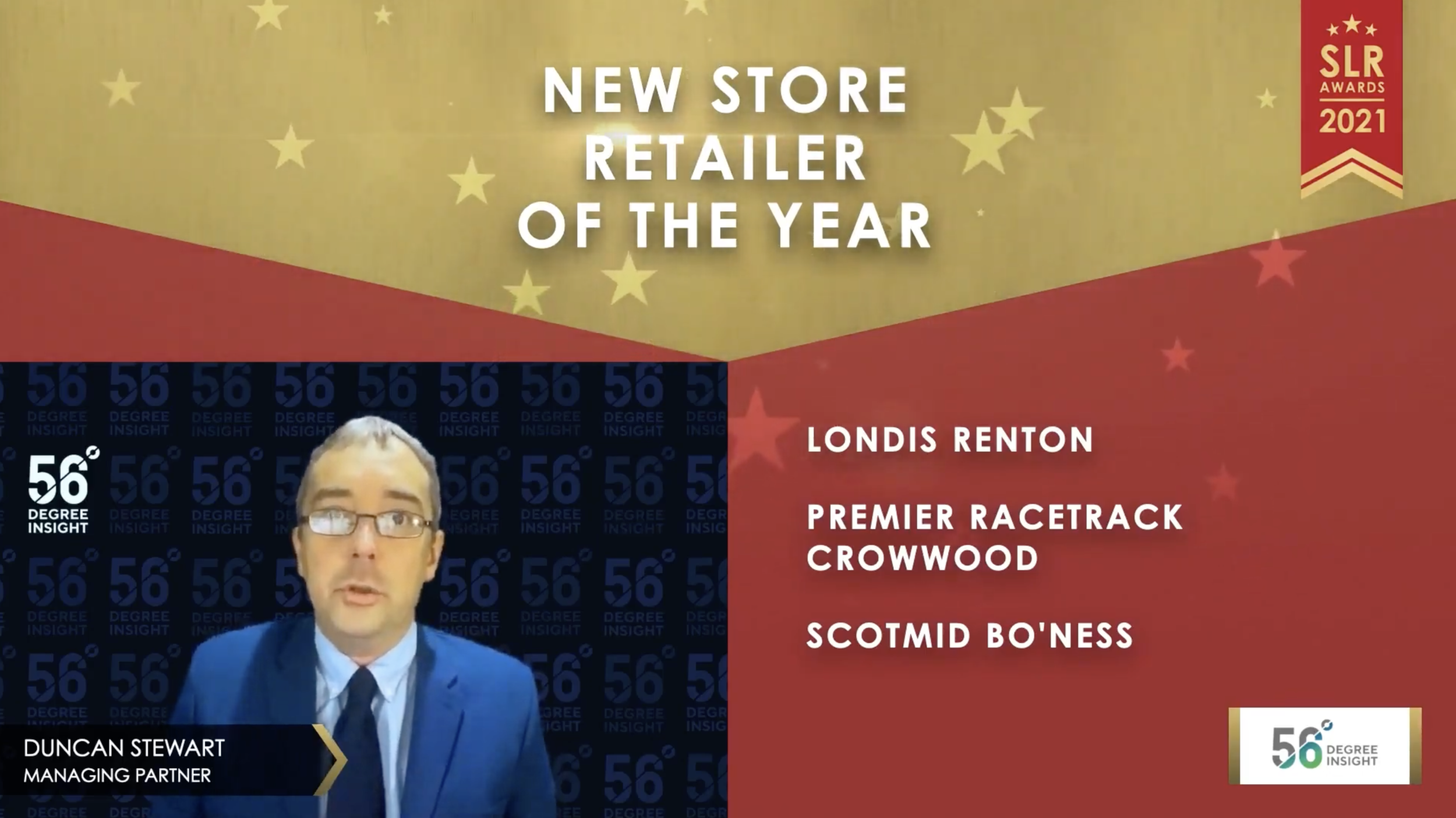The Knowledge Bank is a service operated by the Scotland Food & Drink Partnership, supporting the Scottish food and drink sector through the provision of market research, insights and knowledge.
At 56 Degree Insight we’ve been delighted to have the opportunity to work with The Knowledge Bank over the last few years, undertaking a range of research projects to collect insights on consumer and trade opinions, with research methods used ranging from in-depth one to one interviews with chefs to large scale surveys of the Scottish population.
A common theme that cuts across all of the studies we’ve undertaken for The Knowledge Bank is the importance of provenance and, in particular, the available of produce which is made in Scotland.
This is the theme of the video launched by The Knowledge Bank last week, featuring some of the key findings from the consumer research we’ve undertaken over the last few years, highlighting the high (but often unmet) demand for Scottish produce which is driven by perceptions of local produce being of better quality and more environmentally sustainable plus a desire to support local businesses.
It is notable that while 89% of Scottish consumers want to buy more Scottish produce and 53% are willing to pay more for local, as things stand Scottish brands only account for around 5% of food and drink sold in Scotland.
With unprecedented international events including Covid-19, Brexit and the war in Ukraine impacting upon the world’s food supply chains and rising consumer concerns over the quality and environmental sustainability of the food and drink they consume, the appeal of local produce is set to continue to grow. However, with food inflation at its highest levels since the mid 70s, many consumers may feel that they are forced to compromise when making grocery decisions.
Given the many uncertainties in the market we will continue to closely monitor Scottish consumer attitudes and behaviour through our work with The Knowledge Bank and our own self funded studies including our quarterly Scotland’s Viewpoint.
If you’d like to access the research featured in The Knowledge Bank provenance video in full and many other resources you can sign up for full access here or get in touch with Duncan or Jim at 56 Degree Insight and we’d be happy to help.












